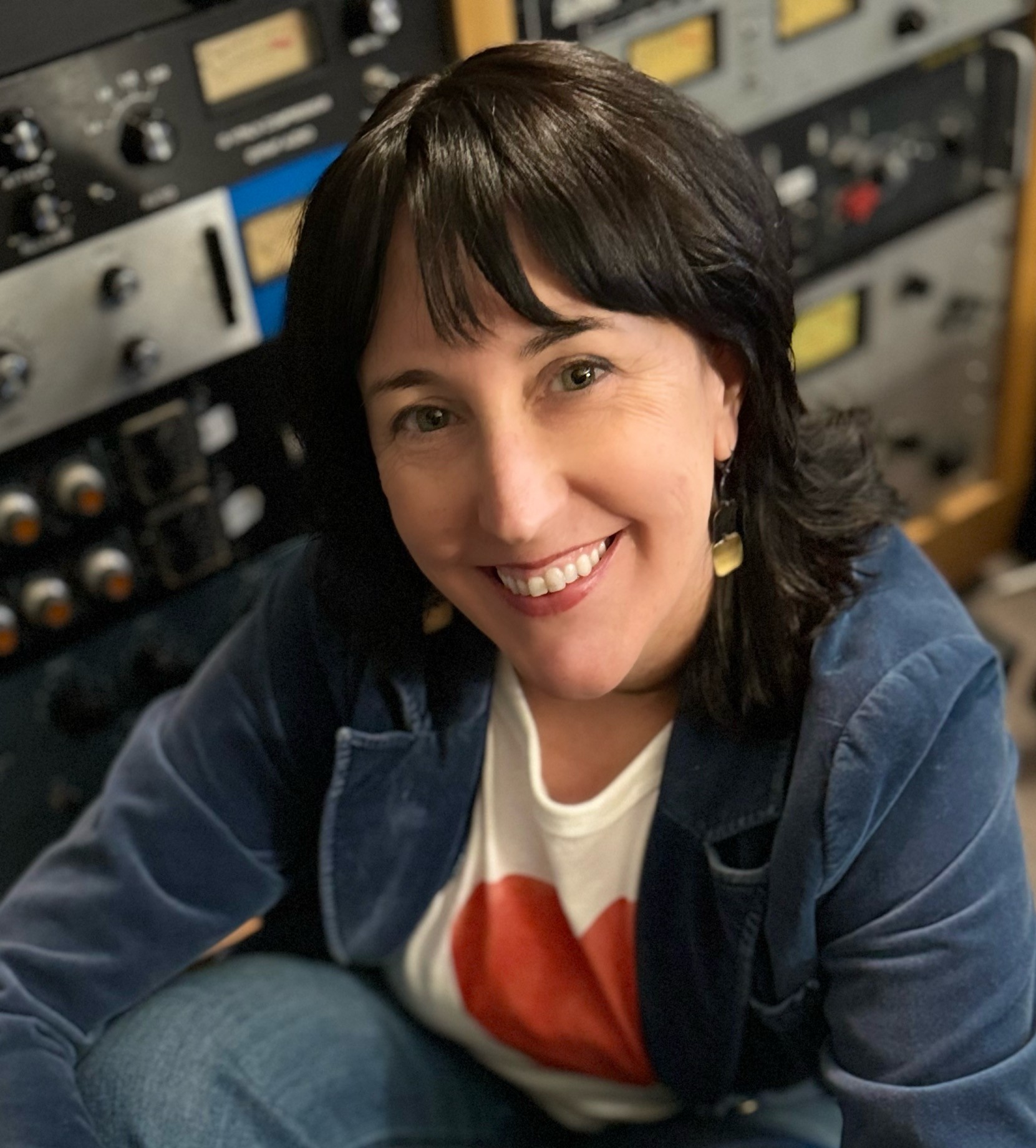Alright – so today we’ve got the honor of introducing you to Lisa Machac. We think you’ll enjoy our conversation, we’ve shared it below.
Alright, Lisa thanks for taking the time to share your stories and insights with us today. Let’s start with a story that highlights an important way in which your brand diverges from the industry standard.
As a music business consultant, I consider it my mission to help independent artists earn a livable wage. The music industry has undergone a huge transformation since the advent of social media, but many professionals are reluctant to change the industry standard and continue to promote the “dream” of being signed to a record label.
While there are still some advantages to being signed to the right label, it’s never been a better time to learn to manage your own career and retain your rights to royalties. I’m bucking the industry standard by teaching musicians how to become small business owners.
When I start coaching a client, I spend a significant amount of time working with them to rewire what I call the “starving artist mentality”. Once they believe that they deserve to be compensated for their creativity, we can start crafting a business plan that focuses on service to their audience – whether through live shows, content creation, or education.
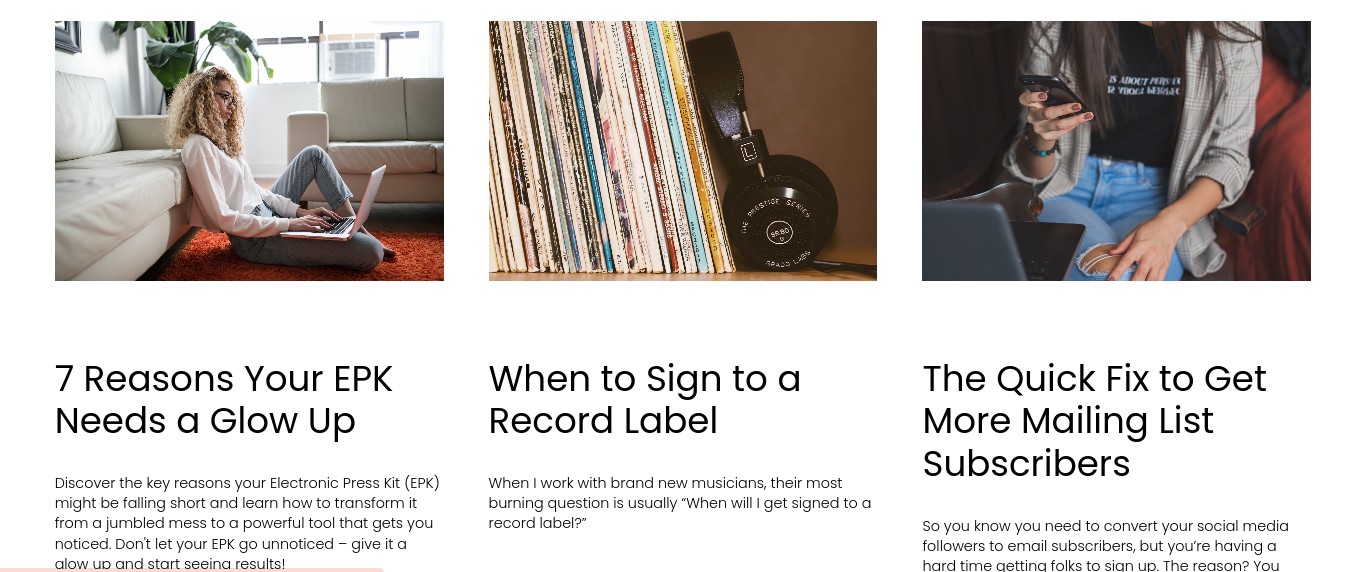
Lisa, love having you share your insights with us. Before we ask you more questions, maybe you can take a moment to introduce yourself to our readers who might have missed our earlier conversations?
After 20 years in hospitality and event planning, the pandemic provided me with an invitation to build a music-related business. In 2020 I launched Omni Sound Project, a community of female, trans, GNC, and queer music producers and audio engineers. Lockdown graced us with explosive growth and we grew quickly into a trusted provider of resources and education.
Very quickly, musicians started asking me for music business advice. My first reaction was, “Oh, hey, I’m just an amateur musician, what do I know?” But I started helping folks find answers to their questions and as I did, I realized that a professional musician utilizes the exact same tools and practices as a founder or entrepreneur – things I know a LOT about.
Now I spend my time coaching musicians on mindset, goal setting, and strategic business planning to help them build a lucrative professional career. I have a very small client roster so that I can provide in-depth, personalized training. I’m really proud of the care and attention I show my artists – the gratitude they show me is invaluable. And it’s soooooo satisfying to see the strategies pay off for them!
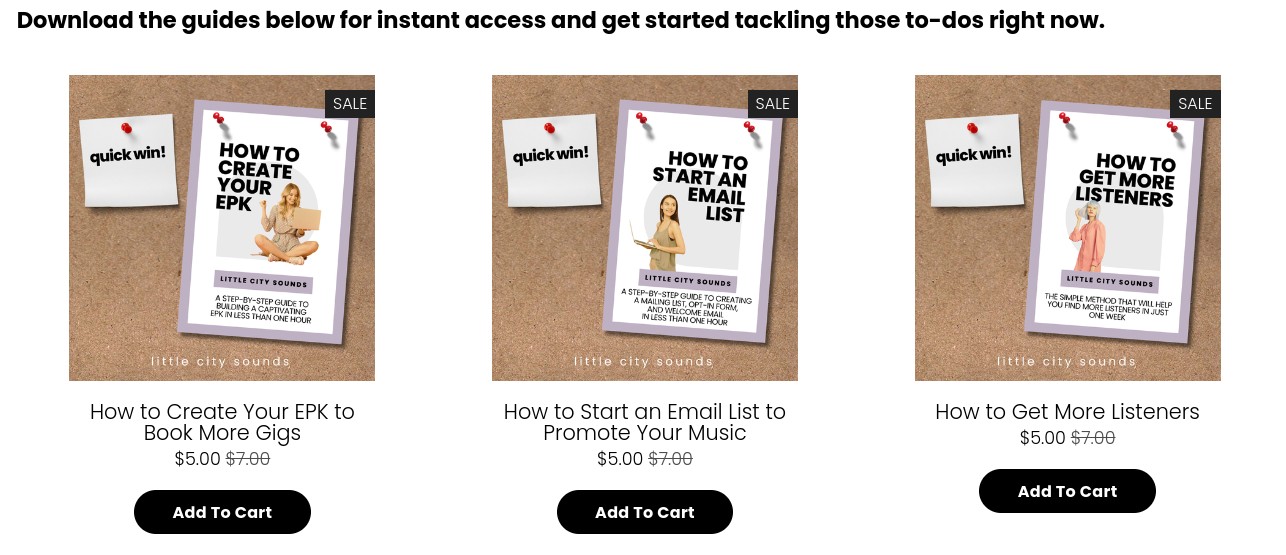
How do you keep in touch with clients and foster brand loyalty?
I’m downright evangelical about the power of a mailing list – in fact, it’s the very first thing I help my clients build. Email is such a great way to communicate: you get to deliver little love letters to your friends (audience) and hear back from them directly.
I’ve spent a ton of time in the last 20 years perfecting my email marketing strategy and I get great feedback on it. Not only are my metrics very high, I receive a lot of personal responses from subscribers. People share personal info with me and we build very genuine relationships.
These relationships are at the heart of any business, no matter what you are selling. The trust built through an authentic brand voice is invaluable, even though crafting your voice is a free strategy anyone can utilize.
When you’re able to create this trust, you can quickly pivot your business model if needed. In late 2023, after 120 online classes, I restructured Omni Sound Project, my audio engineering community, as a Substack newsletter. Because I’d built a genuine connection with my audience, as soon as I launched the Substack, previous mailing list readers opted into paid subscriptions for the SAME emails – turns out they’d just been looking for a way to support Omni.
For those looking to build genuine community and brand loyalty: drop everything and learn as much as you can about email marketing.
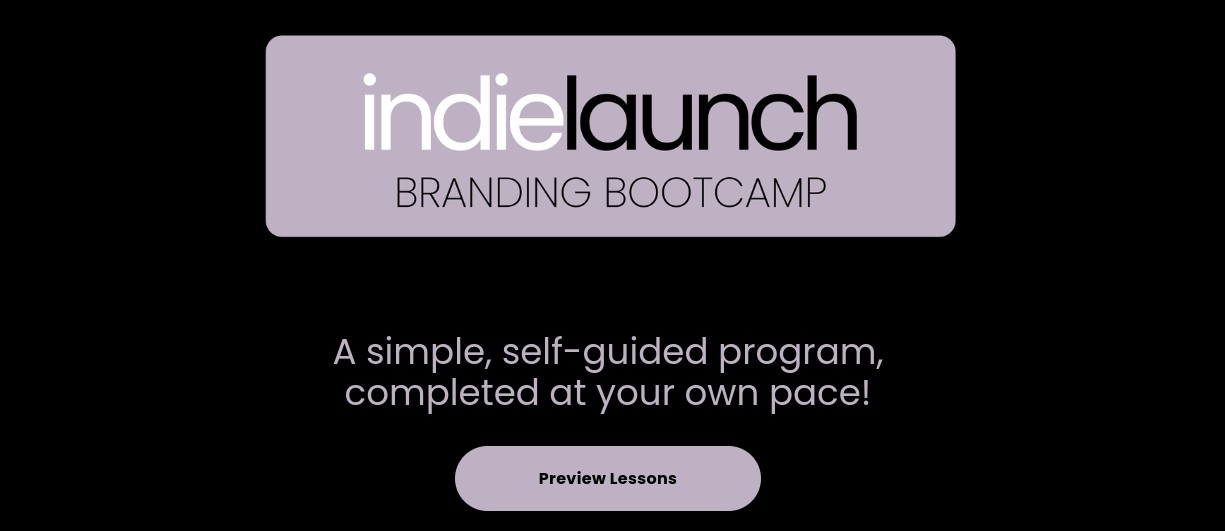
What’s worked well for you in terms of a source for new clients?
Since my business model is built on personalized coaching, my best source of new clients are other clients. I offer referral incentives to current customers who send me a new paying client.
I don’t list rates on my website, instead asking interested parties to fill out an inquiry form that includes their monthly budget for music career coaching. This way, nobody slips through the cracks. If their budget is lower than my hourly rate, I can refer them to my self-guided online course or printable guides, low cost alternatives to personal coaching.
Plus, I’ve now started an email conversation with them that is a launchpad to that trust and loyalty we just talked about. When they’re ready to invest in coaching, they’re likely to work with me.
I do recognize that personal replies to an inquiry form submission are not scale-able, but it’s easy to set up email automation in your brand voice that will inform and engage potential customers.
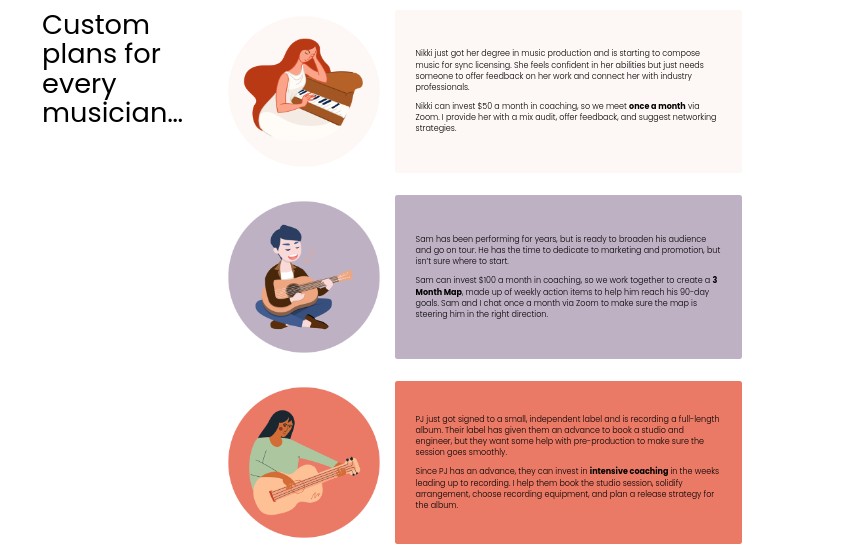
Contact Info:
- Website: https://www.littlecitysounds.com/
- Instagram: https://www.instagram.com/littlecitysounds/
- Linkedin: https://www.linkedin.com/in/lisamachac/
- Other: Reference Tracks podcast on Spotify: https://open.spotify.com/show/4kyxPbKiBJwn0e1bq75hAc?si=2d12ad7976f84747


